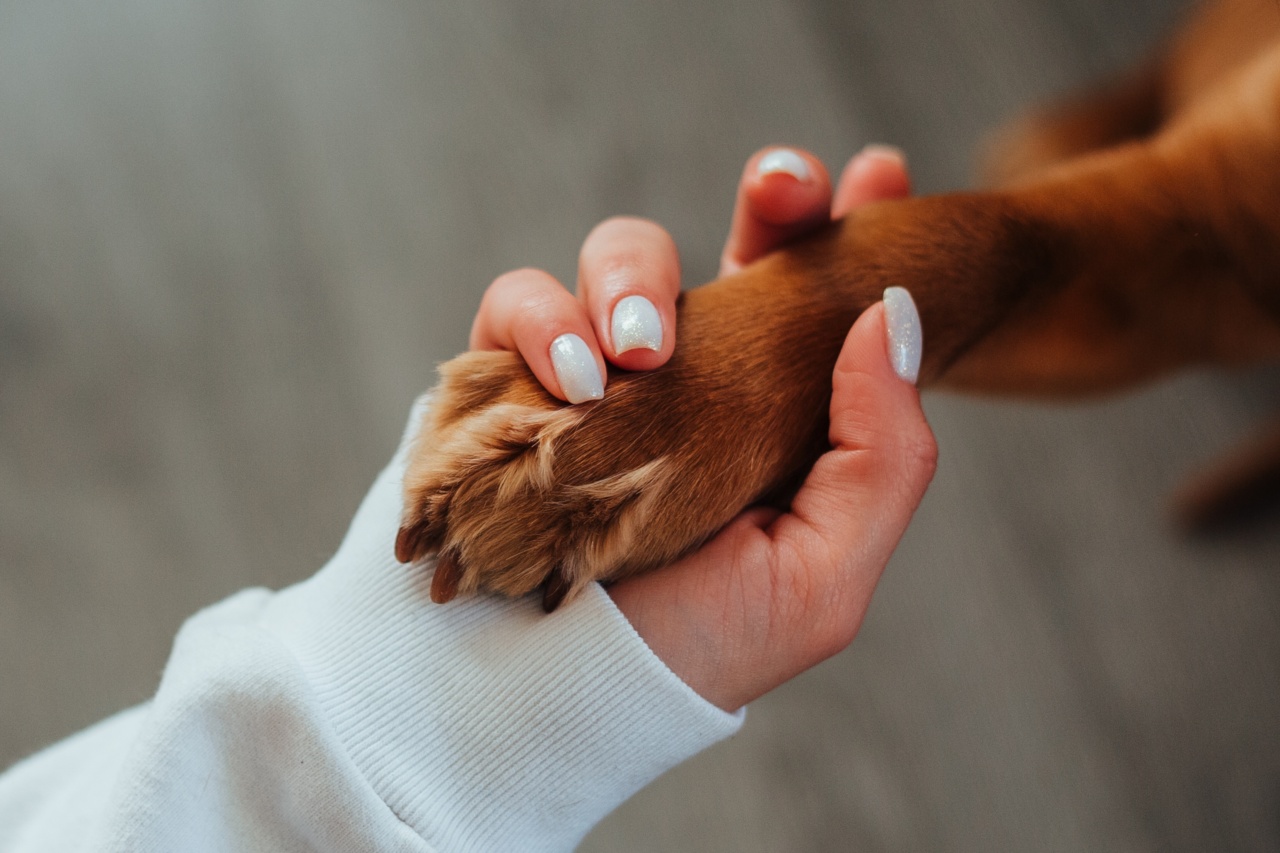When it comes to training our furry friends, the key ingredient is love. Dogs are incredibly intelligent creatures, and they respond best to positive reinforcement and gentle guidance.
In this article, we will explore the valuable lessons we can learn from an 11-year-old on how to train our dogs with love.
The Power of Patience
Patience is a virtue, and it is especially important when it comes to training our dogs. An 11-year-old understands that dogs need time to learn and process new information. Shouting or getting frustrated will only hinder their progress.
Instead, take a deep breath and remember that teaching a dog takes time.
Consistency is Key
Dogs thrive on routine and consistency. The 11-year-old expert teaches us that setting clear guidelines and expectations is crucial for their understanding.
Whether it’s establishing a feeding schedule or implementing a consistent training routine, a dog who knows what to expect will feel more secure and become a well-behaved companion.
Rewards and Positive Reinforcement
Dogs, just like humans, respond best to positive reinforcement. The 11-year-old training prodigy knows that rewards are essential in the learning process.
Whether it’s a tasty treat, a belly rub, or words of praise, positive reinforcement will motivate your dog to repeat good behavior and reinforce the bond between you.
Creating a Safe Haven
An 11-year-old understands the importance of providing a safe and secure environment for a dog to learn and thrive. Just like children, dogs require a designated space where they can feel comfortable and secure.
Whether it’s a crate, a cozy bed, or a quiet corner, giving your dog their own special place will make them feel loved and protected.
Communication and Body Language
Non-verbal communication is key when it comes to dog training, and the 11-year-old master has deciphered this skill. Dogs read our body language and tone of voice to understand our intentions.
Clear signals and consistent cues will help your dog grasp commands more easily. Maintain an open and relaxed posture, use hand signals, and speak in a calm yet firm voice.
Fun and Playtime
Dogs thrive on fun and playtime, and the 11-year-old extraordinaire reminds us of the importance of joy in training. Incorporate play into your training sessions to create a positive and enjoyable experience for both you and your dog.
Use toys and games to teach commands, and make sure to schedule regular playdates to keep your dog happy and engaged.
Adaptability and Flexibility
Life is full of surprises, and the 11-year-old teacher knows that being adaptable and flexible is essential in training dogs. Not every method will work for every dog, and it is important to adjust your approach accordingly.
Be open to trying new techniques and strategies, and don’t be afraid to seek advice or consult professional trainers if needed.
Building Trust and Mutual Respect
Trust and mutual respect are the foundation of any successful relationship, including the one between humans and dogs. The 11-year-old guru teaches us to approach training with love and respect.
Trust your dog’s instincts and give them the space to express themselves. In return, your dog will learn to trust and respect you, creating a deep and meaningful bond.
Avoiding Punishment
Unlike traditional training methods that rely on punishment, an 11-year-old’s approach revolves around positive reinforcement. Punishment only creates fear and anxiety in dogs, damaging the trust and bond you’ve worked so hard to build.
No matter how frustrating a training session may feel, remember to be patient and kind – punishment has no place in a loving dog training regimen.
Persistence and Perseverance
Lastly, an 11-year-old teaches us the importance of persistence and perseverance in dog training. Some skills may take longer to learn than others, but with dedication and a loving approach, your dog will eventually get there.
Celebrate even the smallest victories along the way, and never give up on your furry friend.























